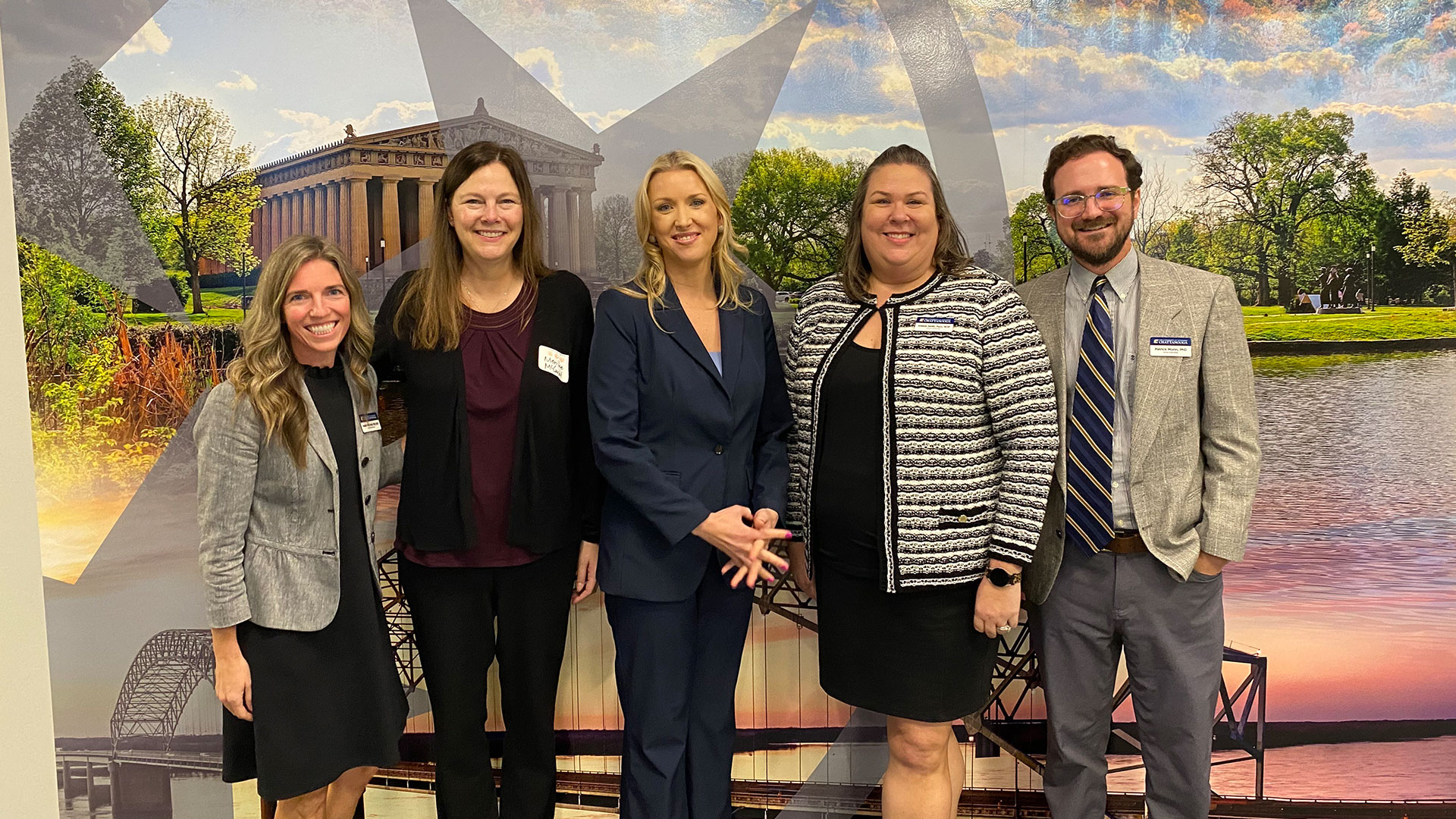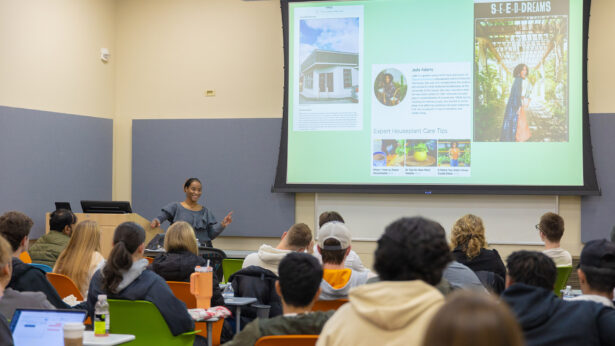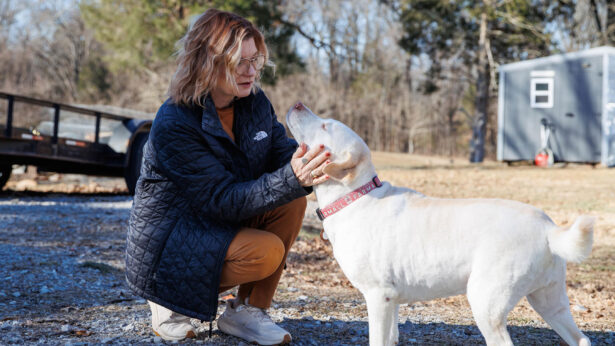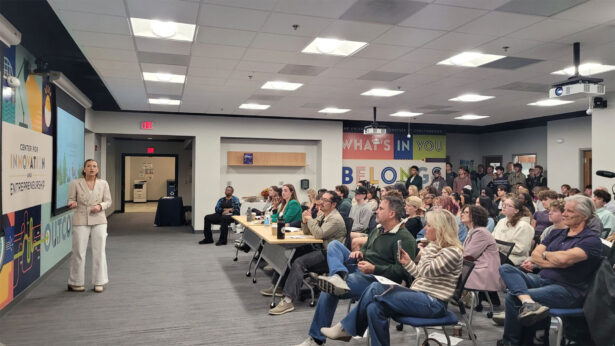Listen to this story
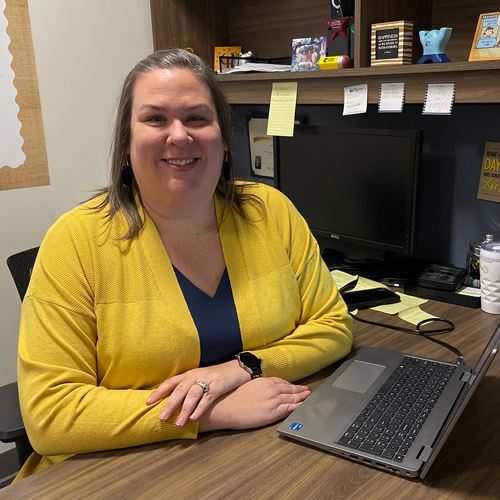
Amanda Hardin will never forget the high school student sitting across from her. For years the student struggled—exhausted from trying to fit in, constantly feeling like something was wrong with her. Teachers weren’t sure. Counselors suspected anxiety. No one could quite explain why school felt like an uphill battle every day.
Hardin knew the answer could change everything. Was it social anxiety or autism? The distinction meant the difference between continuing to struggle alone or finally receiving the support she desperately needed.
Thanks to access to the ADOS-2, an expensive but critical diagnostic tool, Hardin was able to conduct a full evaluation. The results were clear: autism. And with that diagnosis came something the student never had before—answers. More importantly, it opened doors to resources that could transform her education, not just in high school but in college and beyond.
Access to proper mental health resources can change the course of a child’s life. For students with learning disabilities, early intervention is crucial. In many rural Tennessee schools, access to these resources is limited.
To bridge this gap, Hardin, a school psychologist, assistant professor and program director of the University of Tennessee at Chattanooga School of Psychology, along with her co-investigators—Patrick Morin and Heather Nudd from the UTC School of Psychology, Merilee McCurdy from UT Knoxville’s Department of Educational Psychology and Counseling and Alexandra Frank from the UTC Department of Counselor Education—developed the Rural Assessment and Intervention Library (RAIL) System.
“While the University of Tennessee is providing startup funds, partnering with the state Department of Education is key to sustaining the program.”
— Amanda Hardin
The RAIL System addresses a major issue in rural Tennessee: a lack of resources in staffing, funding, academic materials and mental health support in public schools. The National Association of School Psychologists (NASP) recommends one school psychologist per 500 students, but Tennessee far exceeds this, with a ratio of one per 1,806 students. With more than a third of Tennessee’s public schools in rural areas, these schools often serve as the only mental health resource for students.
The RAIL System provides assessments, interventions and consultation services for school psychologists and other personnel in more than 50 rural school districts in Tennessee free of charge. These resources include the ability to check out assessments and rating scales in various languages, academic and mental health interventions and consultation services with a team of school psychologists and counselors.
The RAIL System recently received a $500,000 grant through the university’s Grand Challenges initiative, a system-wide effort designed to mobilize resources and cultivate collaboration in three key areas affecting Tennesseans: advancing K-12 education, strengthening rural communities and overcoming addiction. Hardin’s program directly addresses two of these challenges by supporting K-12 students in rural schools.
2025 Grand Challenges Summit



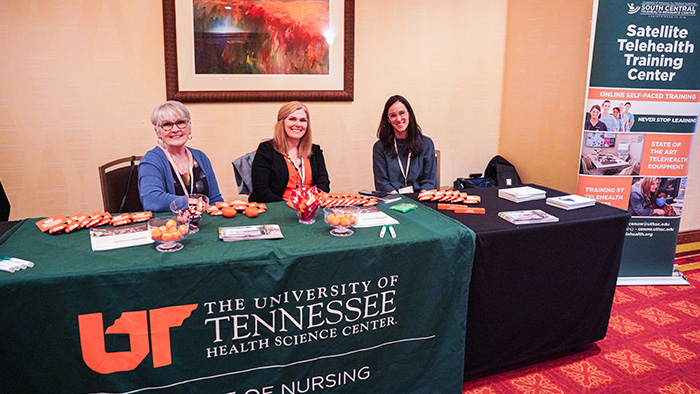
The Grand Challenges Summit in February brought more than 370 individuals from the UT System, state and local government and various community organizations together in Murfreesboro, Tennessee, to hear more than 65 presentations from experts, educators and community leaders across the state engaged in research or professional work contributing to solutions for Grand Challenges. The RAIL System is just one example of work from the summit that will change countless lives.
By ensuring students receive proper diagnoses and services, the RAIL System will lead to higher graduation rates and more students pursuing higher education, Hardin says. Many rural students return to their communities after college, which “creates a ripple effect of being able to contribute to their communities and showing other rural students that attending higher education is possible for them,” Hardin says.
“One of the only ways to address big challenges like these is through strategic partnerships with universities, state departments and businesses,” Hardin says. “While the University of Tennessee is providing startup funds, partnering with the state Department of Education is key to sustaining the program.”
By expanding access to mental health resources, the RAIL System is changing lives, one student at a time.
